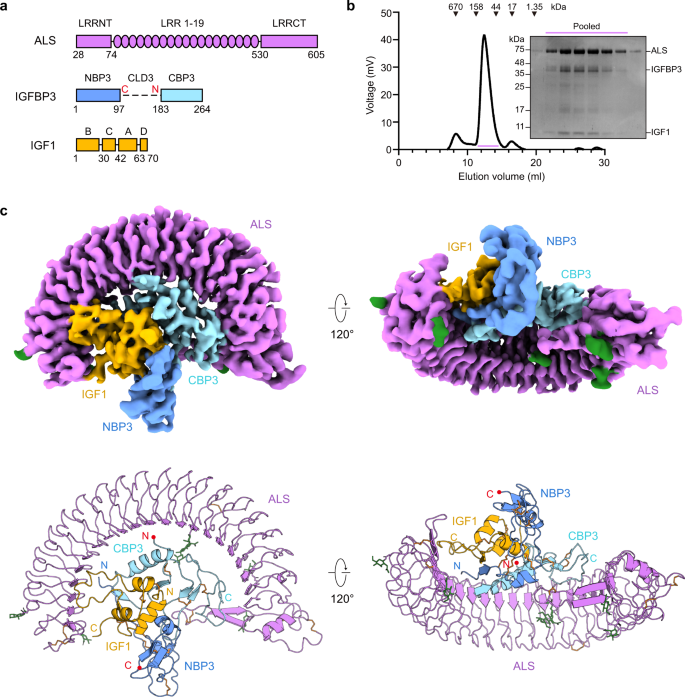2022-08-10 スウェーデン・リンショーピング大学
この研究で明らかになったのは、ある遺伝子の発現が若い女性の脳で若い男性よりも高い場合、その遺伝子の発現は高齢の女性で減少し、高齢の男性で増加するということである。
この結果は、その変化が女性よりも男性でより大きいことも示している。
<関連情報>
- https://liu.se/en/news-item/aldrande-neutraliserar-konsskillnader-i-hjarnan
- https://royalsocietypublishing.org/doi/10.1098/rspb.2022.1115
ショウジョウバエの脳内トランスクリプトームの加齢による脱塩素化 Ageing desexualizes the Drosophila brain transcriptome
Antonino Malacrinò,Martin I. Brengdahl,Christopher M. Kimber,Avani Mital,Vinesh N. Shenoi,Claudio Mirabello and Urban Friberg
Proceedings of the Royal Society B Published:10 August 2022
DOI:https://doi.org/10.1098/rspb.2022.1115

Abstract
General evolutionary theory predicts that individuals in low condition should invest less in sexual traits compared to individuals in high condition. Whether this positive association between condition and investment also holds between young (high condition) and senesced (low condition) individuals is however less clear, since elevated investment into reproduction may be beneficial when individuals approach the end of their life. To address how investment into sexual traits changes with age, we study genes with sex-biased expression in the brain, the tissue from which sexual behaviours are directed. Across two distinct populations of Drosophila melanogaster, we find that old brains display fewer sex-biased genes, and that expression of both male-biased and female-biased genes converges towards a sexually intermediate phenotype owing to changes in both sexes with age. We further find that sex-biased genes in general show heightened age-dependent expression in comparison to unbiased genes and that age-related changes in the sexual brain transcriptome are commonly larger in males than females. Our results hence show that ageing causes a desexualization of the fruit fly brain transcriptome and that this change mirrors the general prediction that low condition individuals should invest less in sexual phenotypes.


